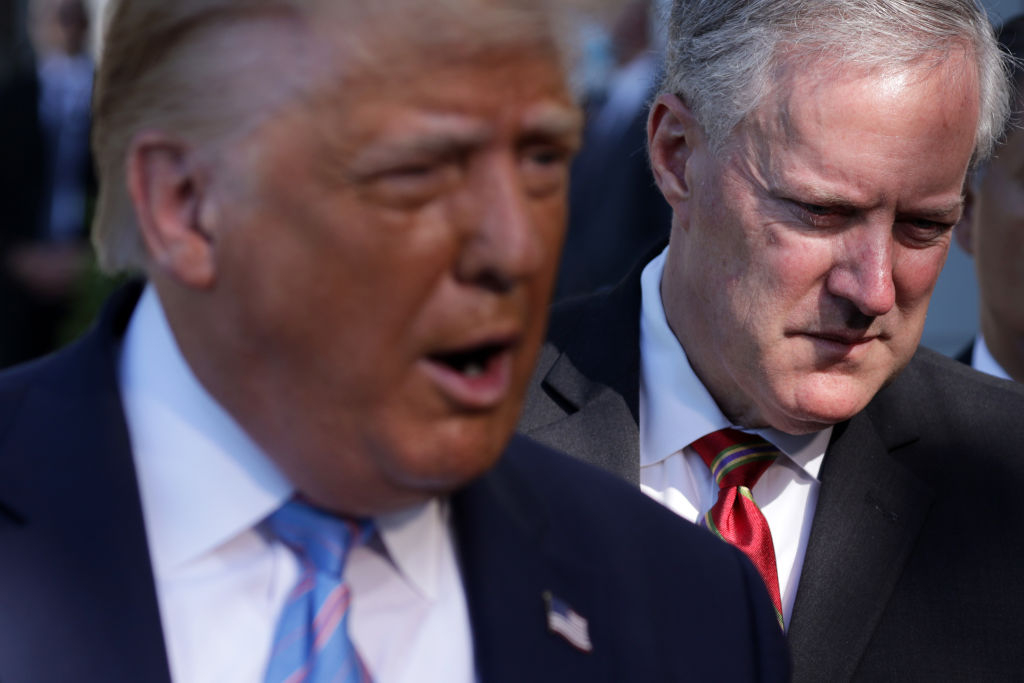A former spouse, a lawyer's former client, and a penitent's former priest can claim privilege -- and so could a former member of Congress and a former judge. The relevant issue is whether the communication was privileged at the time it was made. If so, it should be an enduring privilege that encourages confidential communications during their incumbency.
According to The New York Times, this is what [the House's lawyer] said: "The Constitution does draw a clear line between a president and an ex-president. An ex-president is somebody who rejoins the great unwashed" -- by which he apparently means you and me, who never had any executive privilege.
The issue is an open one that will likely be decided by the Supreme Court. I doubt that justices who are now retired or intend someday to retire -- and join the "unwashed" -- would be thrilled if Congress were to subpoena their former law clerks to disclose their confidential discussions about decisions they wrote while they were still among the washed.
They [the January 6th Committee] should seek to have the courts rule first on the constitutional issue, and if Meadows then refuses to comply with a judicial order, they can seek criminal penalties. This chronology is especially required because Meadows has said that he would comply with court orders.
Seeking a court order first is also required by the constitutionally mandated separation of powers.
Finally, criminal indictments should never be used to determine what the law is. It should only be used against individuals who know that they are violating existing law that is already clear.

Douglas Letter, the lawyer for the January 6th Congressional Committee, has argued that former President Donald J. Trump can no longer claim executive privilege, including over communications with Mark Meadows, his former chief of staff, when they were both in office. The relevant issue, however, is whether the communication was privileged at the time it was made. If so, it should be an enduring privilege that encourages confidential communications during their incumbency. Pictured: Trump and Meadows at the White House, on July 29, 2020. (Photo by Alex Wong/Getty Images)
The Constitution provides no clear answer to whether a former president can claim executive privilege over communications that occurred while he was president. Both policy and analogy to other privileges would suggest an affirmative answer. A former spouse, a lawyer's former client, and a penitent's former priest can claim privilege -- and so could a former member of Congress and a former judge. The relevant issue is whether the communication was privileged at the time it was made. If so, it should be an enduring privilege that encourages confidential communications during their incumbency.
Continue Reading Article
No comments:
Post a Comment